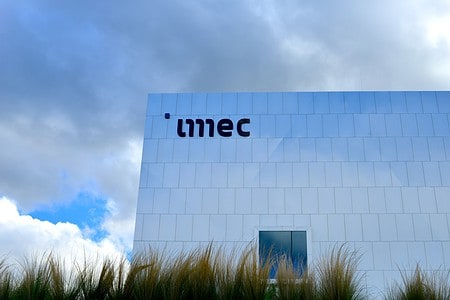Employees in small and medium-sized enterprises (SMEs) are not satisfied with the technological offerings on the shop floor and want this to increase. This is shown in a study by Lenovo, which states that SMEs are ‘lagging behind’ in terms of workers’ experiences.
In the report, Lenovo suggests that SMEs should “actively” listen to feedback from their employees and adjust the workplace on the basis of that feedback. According to the report, the main problem is that employees of most SMEs still have to work on desktops instead of laptops. Three-quarters of employees have no further access to cloud-based tools, and cannot choose from a variety of technologies that they want to use to carry out certain tasks.
Investments
Therefore, according to Lenovo, SMEs need to invest in mobile devices, smart devices and smart office layouts to improve the experience of employees. Three out of ten decision-makers are looking to expand smart meeting room solutions, enabling greater collaboration between different locations.
“Creating an environment where employees can work remotely, and a better work-life balance, is essential,” the report describes.
In order to avoid numerous investments in technology that makes no difference, companies first need to define an “effective and achievable” strategy that matches the future needs of employees, is described in the report.
“While benefits and financial incentives remain important for attracting and retaining staff, SMEs must also be prepared to invest in future mobile, flexible and inclusive tools and technology,” said Dilip Bhatia, Vice President of Global User and Customer Experience at Lenovo.



















